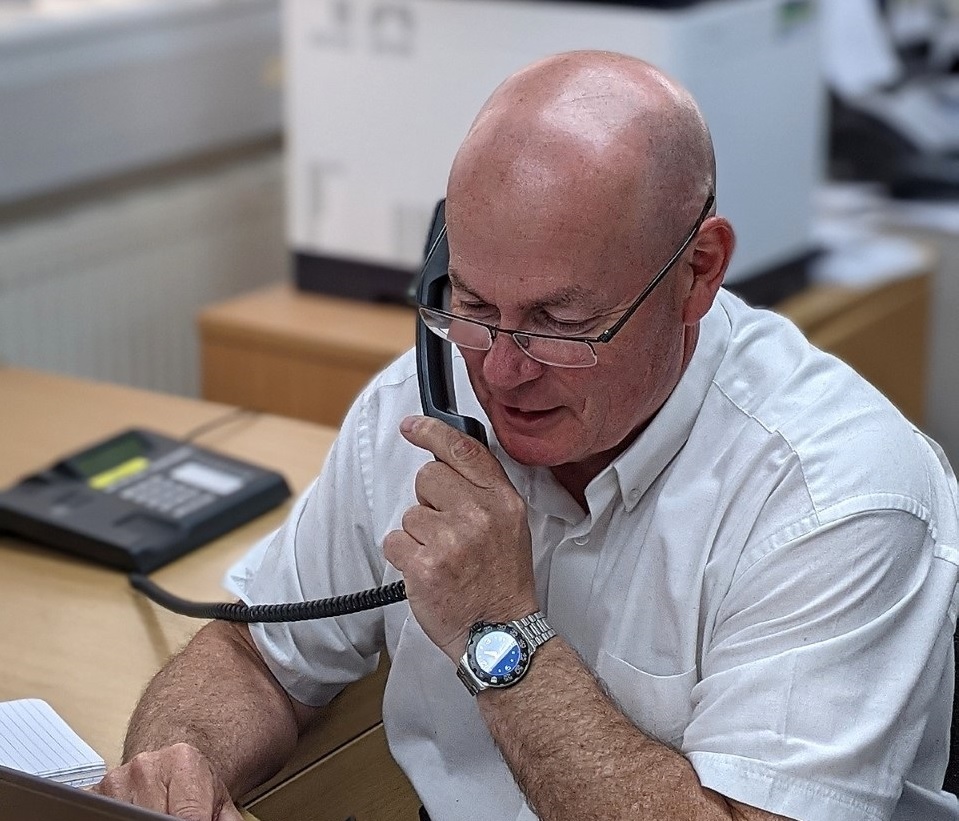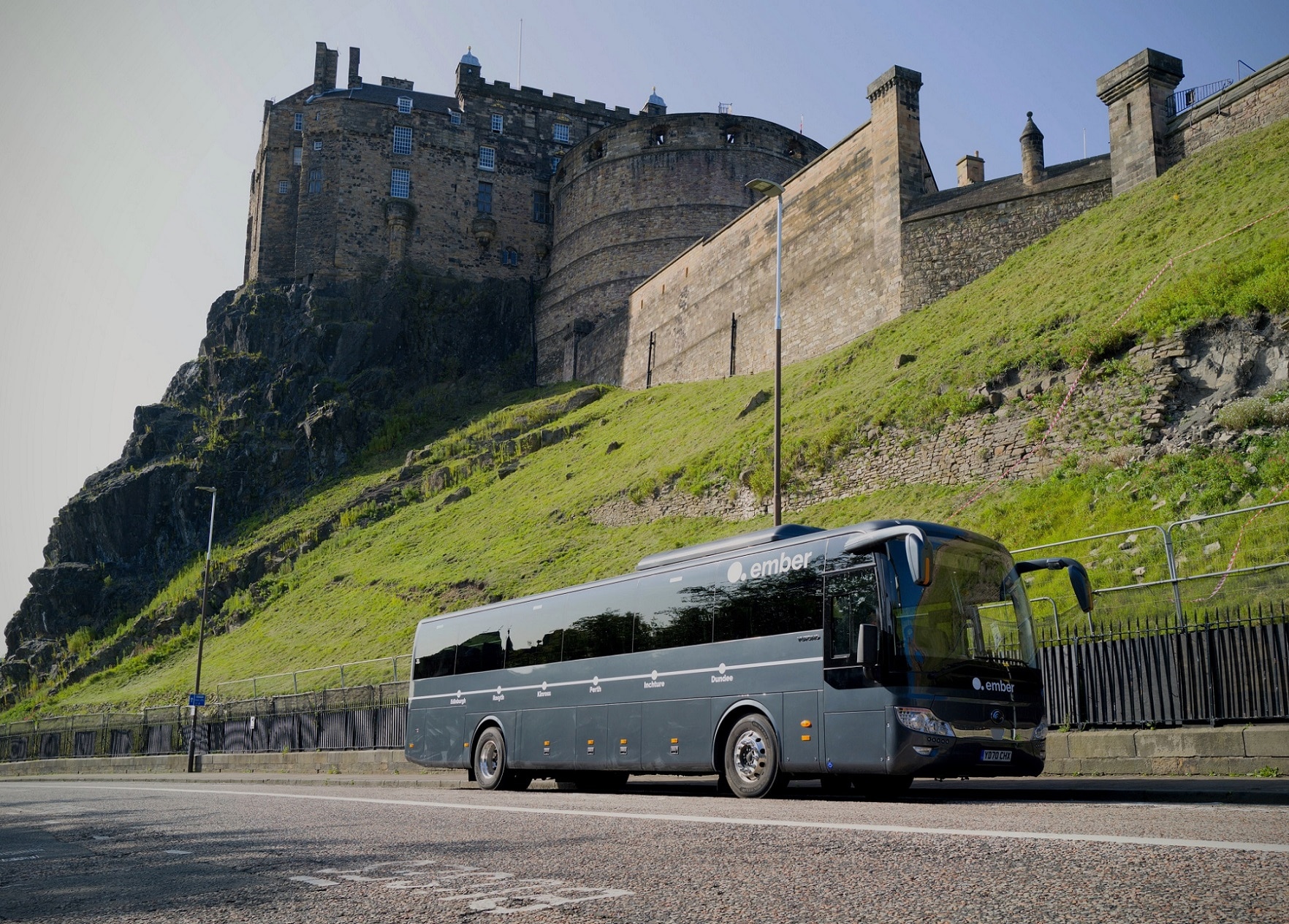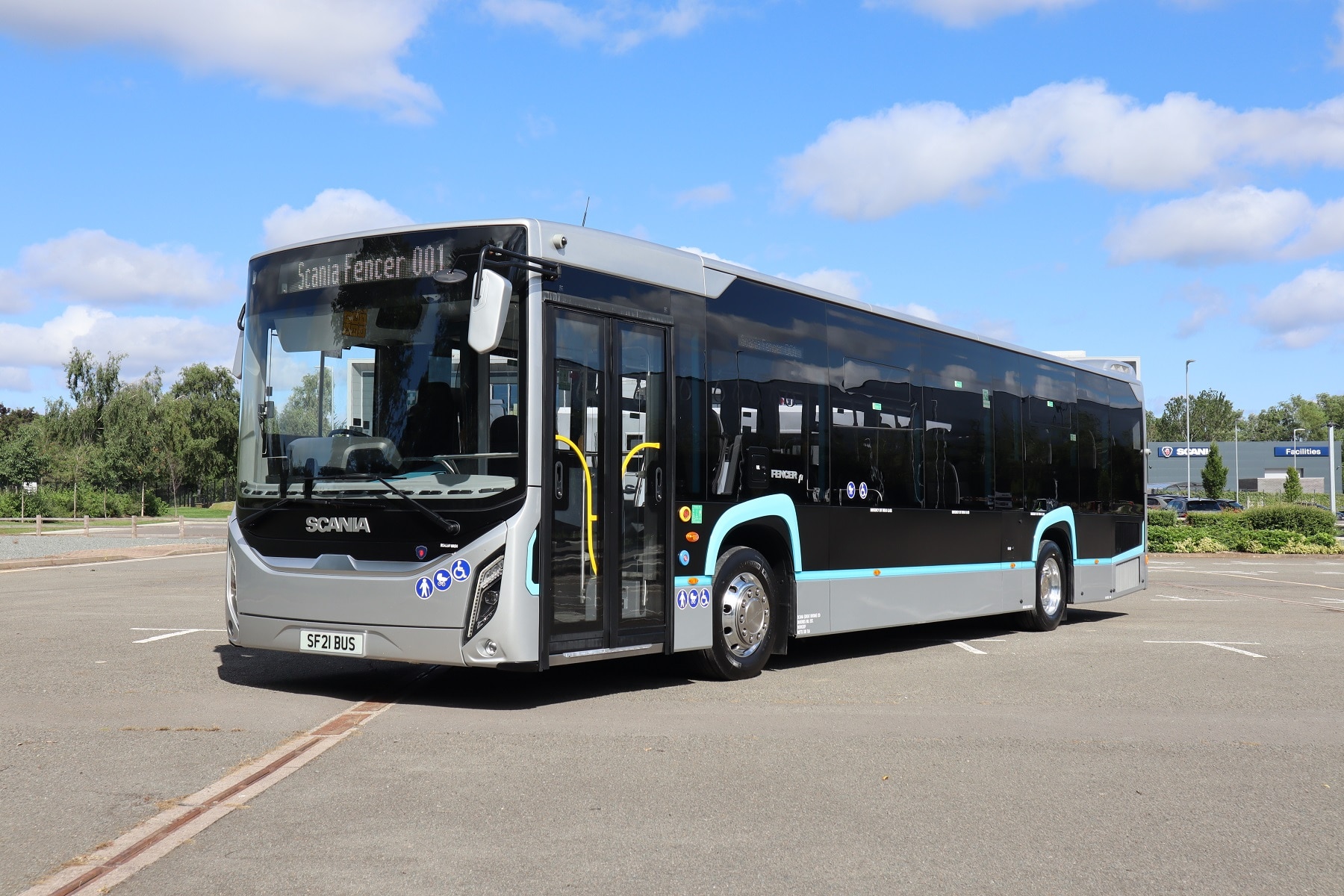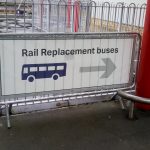Andy Nurrish began his career with Koller in 2006. Here, he gives his views on how the wheelchair accessible vehicle industry has changed since, and how operators’ expectations have advanced
Q: How has the focus on the safety of passengers changed since you came into the industry – and has that been led by customers or suppliers?
A: Having started in the industry 25 years ago, I can say that the focus on safety has always been there. But thanks to improved research and development, manufacturing processes and materials, the products used for passenger safety have improved considerably.
Testing is also a priority, and all Koller’s wheelchair restraints and seat fixings go through rigorous independent testing and are manufactured strictly in accordance with ISO standards.
The implementation of these processes and the increasing use of safety ratings over the years have improved the safety of wheelchair accessible vehicle products within the sector. At Koller, we are always checking and assessing our products to ensure that they meet the highest safety standards. Customers demand that and we would not work to anything less.
Q: Is there more that the industry – both operators and suppliers – can do to further improve the safety of wheelchair accessible minibuses and coaches?
A: In a word, yes. Suppliers of wheelchair accessible vehicle products should always ensure that what they provide is of the highest quality and meets and exceeds all safety standards. Thankfully, the biggest names in the industry do that, but it is important for operators to check the credentials of any suppliers they use.
Something that does need improvement is ensuring that products are easy to operate, are done so correctly and are maintained to a high standard. During my time working in the industry, I have seen many people unsure of how to use equipment correctly, or where it is damaged, old and not fit for purpose.
As standard procedure, the use of wheelchair accessible vehicle products should be checked regularly by operators. Those using them must be trained and confident in doing so.
Q: Has the focus on cost grown as local authorities’ funding challenges have increased, and has that influenced Koller’s work?
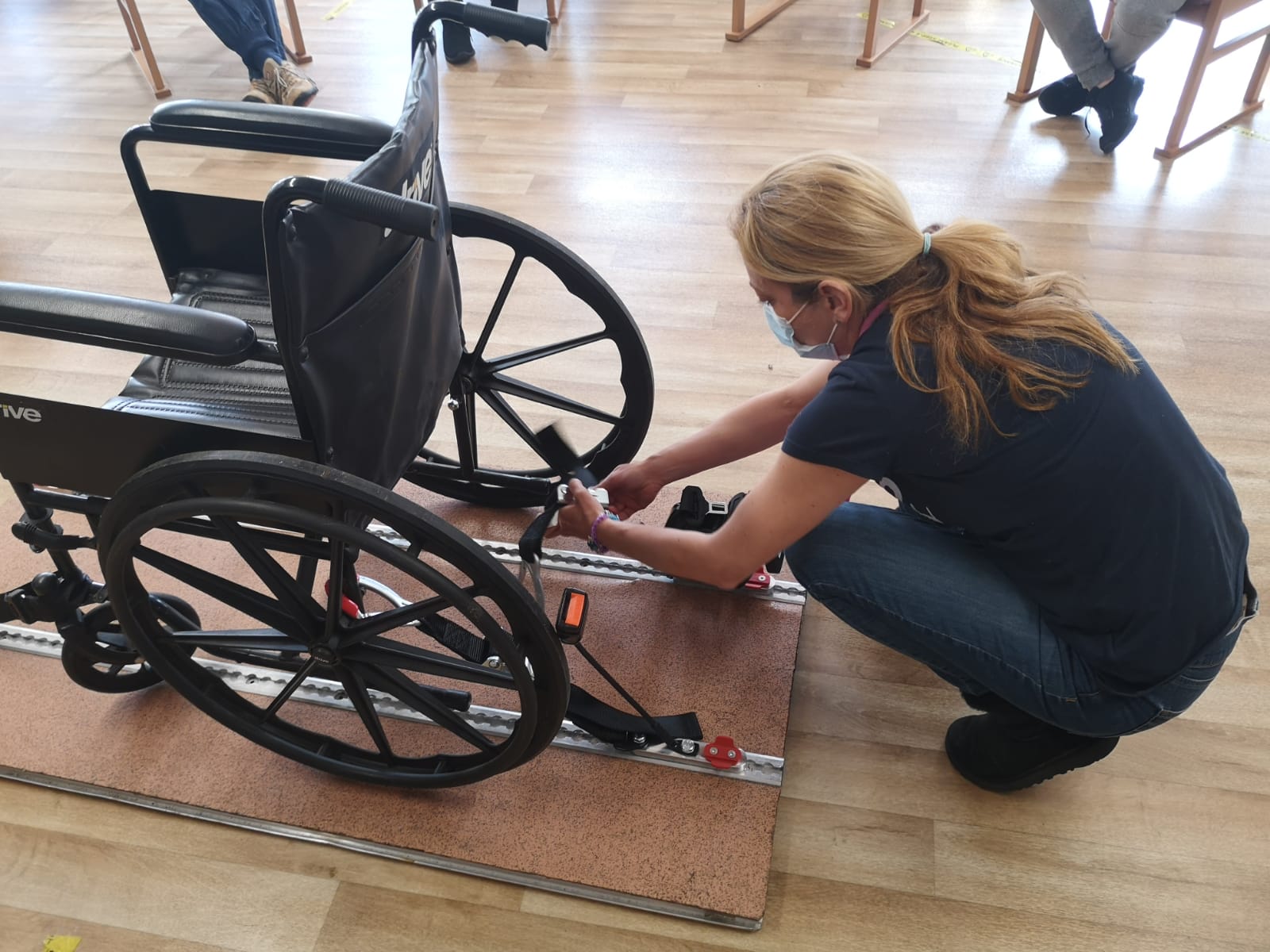
A: Customers in all sectors, not just local authorities, are always looking for quality products at competitive prices. That will never change.
What Koller has done to keep high quality equipment that is cost-effective is to use its engineering and manufacturing experience to make parts in-house.
We have also developed products over the years, so we can supply equipment for a complete, approved system, from the vehicle floor to the seats, removable fixings and wheelchair passenger restraints.
That saves the customer time, is a cheaper alternative to purchasing from different companies and provides peace of mind that all equipment will work perfectly together.
Q: Have customers changed their view regarding ensuring that staff are correctly trained on a product?
A: When I started with Koller, I worked with the Directors to introduce training sessions, as we strongly believed that this is an important and necessary process.
Thanks to my many years in the industry, I already had the skills to integrate a variety of courses into Koller’s service offering. Their popularity has grown over the years, with operators starting to understand the importance of training staff in the correct operation of equipment to ensure safety.
Q: As the move to zero-emission minibuses approaches, how will Koller deal with the inevitable pressure from vehicle manufacturers to reduce its equipment’s weight?
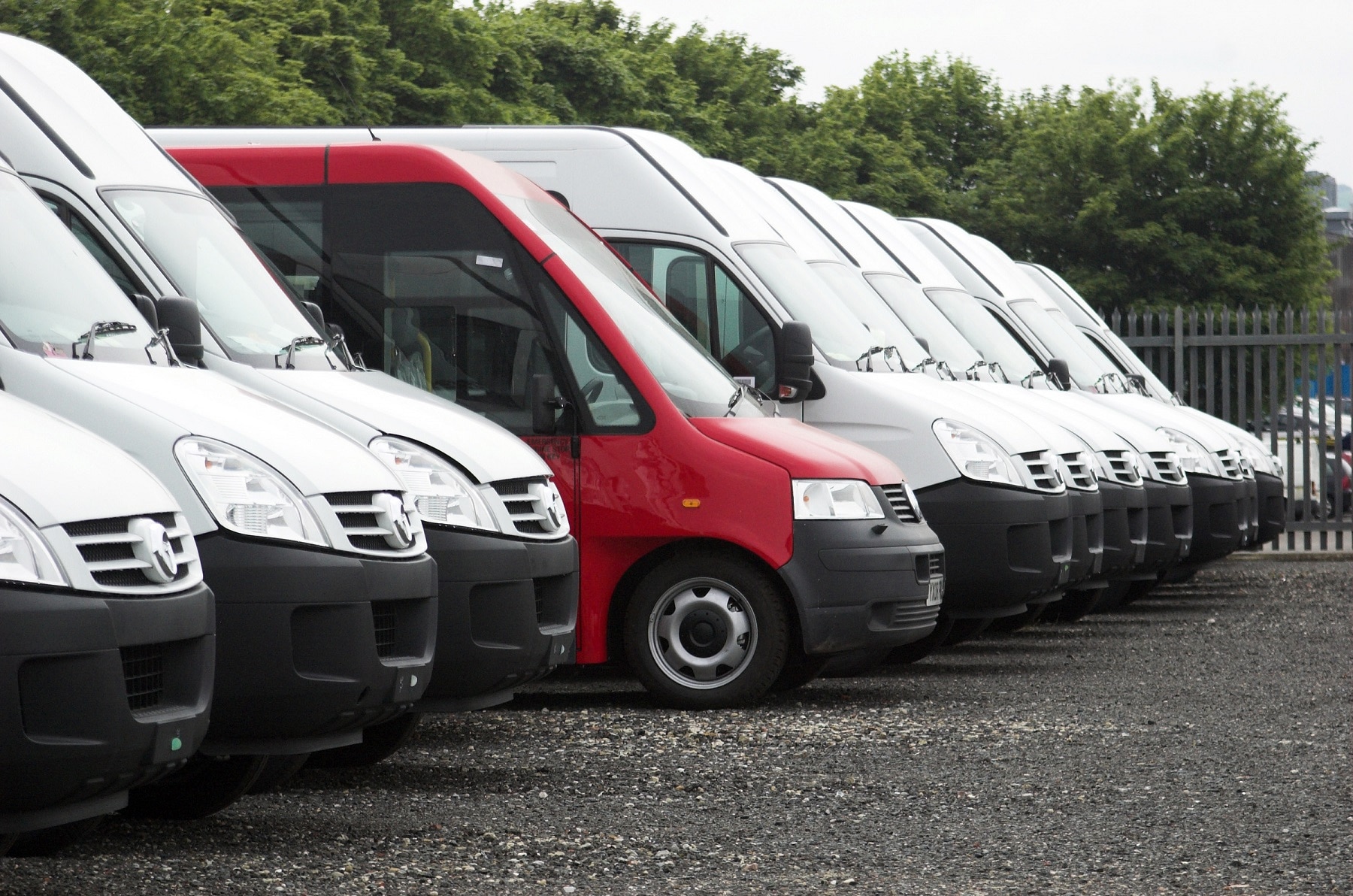
A: We understand the pressure that vehicle OEMs are under to reduce the weight of their own products. We already have some of the lightest and strongest equipment on the market.
A good example is the aluminium lockable seat fixing, which is not only the simplest and most cost-effective product of its type available, but also the lightest, at 0.5kg.
Koller has always been at the forefront of innovation within the accessible vehicle products sector and continually keeps abreast of the latest trends and constraints. Keeping our equipment in line with current requirements is something that we work hard to do.
Q: Do you see room for Koller to expand or diversify its reach into new markets or products in the future, such as relating to PSVAR in the coach industry?
A: The adoption of PSVAR compliance is extremely important and something that we have been supporting with a variety of wheelchair accessible vehicle products to help the conversion process. With an experienced and dedicated team that can provide advice and training, and products that will work well for PSVAR conversion, we are already involved in the transition.
Q: What is the biggest change within the accessible minibus industry you have seen?
A: The increased standards required for M1 and M2 vehicles. They must comply with either the IVA scheme for access for passengers with reduced mobility, or full type approval. These standards are extremely important for safety, and they have made a huge difference to travel for wheelchair users.
Anything fitted to the vehicle to facilitate access by passengers with reduced mobility must comply with the relevant requirements. That and testing ensure that vehicles and products meet regulations and operate in accordance with those standards.













